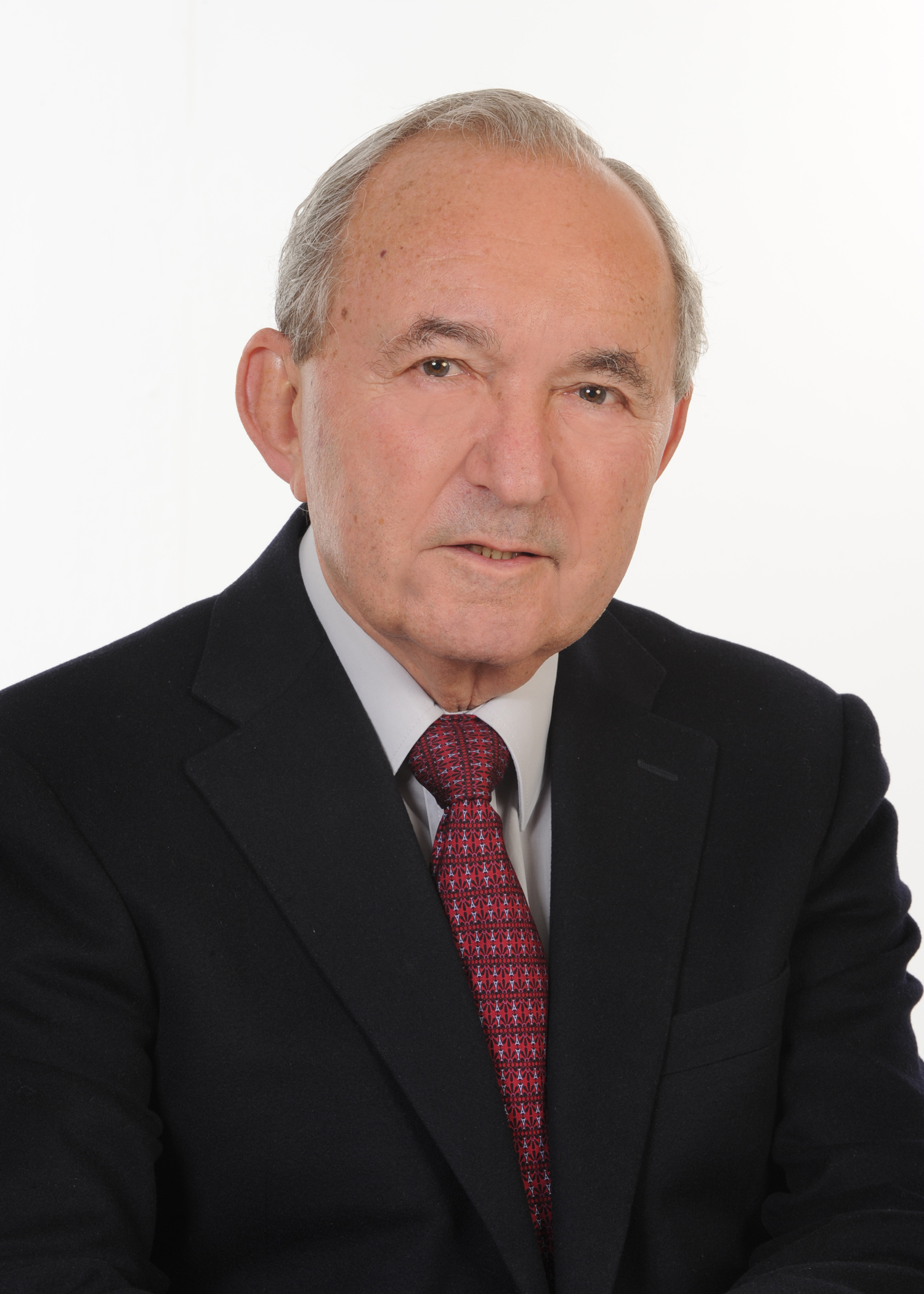During the conflicts in former Yugoslavia in the early 1990s, David Scheffer served on the Deputies Committee of the USA’s National Security Council . In 1997, he was appointed America’s first Ambassador-at-Large for War Crimes Issues by President Bill Clinton, when Madeleine Albright was Secretary of State . Albright later referred to him as the “father of war crimes tribunals,” because of his contribution to the development of new international tribunals for prosecuting war criminals . This resulted in the establishment of the International Criminal Tribunals for the former Yugoslavia and Rwanda (ICTY and ICTR), the Special Court for Sierra Leone and the Tribunal for Khmer Rouge Crimes in Cambodia . In a historic move for international institutional human rights protection Scheffer signed the Rome Statute on behalf of the United States, which established the International Criminal Court (ICC) in The Hague.
Scheffer’s book All the Missing Souls: A Personal History of the War Crimes Tribunals (2012) describes his efforts to achieve justice for war crimes victims, through tribunals and the establishment of the International Criminal Court (ICC) . In his book, The Sit Room: The Theatre of War and Peace (2019), Scheffer gives the reader a window into the White House when he was part of the Deputies Committee (1993–1997), and reveals the secret discussions conducted there about how to end the war in Bosnia and Herzegovina.
„The end of leadership impunity is within sight now. The cynics may counsel against the idealism of law defeating the instincts of murderous tyrants. But here we had a decade when five new war crimes tribunals came to pass, and justice began to prevail. If the public grasps the significance of this transformational moment in history, there is no turning back.“
„I learned through extraordinary journeys that international justice has as much to do with the vagaries of global politics and our own moral strength as it does with treaties, courtrooms, pro secutors, judges, and defendants . The modern pursuit of international justice is the discovery of our values, our weaknesses, our strengths, and our will to persevere and to render punishment.“
„I think the Memorial Center in Potočari is very important. Whatever I say about it, it is more than that. Serbs live in Srebrenica today—Bosniaks are almost all gone, I mean, the majority is gone on account of the ethnic cleansing—but the Serbs in the town look at the houses of Bosniaks who are gone every day and every day they are reminded of what they’ve done. Many of them have to go past the Memorial Center on their way to work, when going to the store or to another town, they go past the Memorial Center and are reminded of the genocide—and this happens every day. I think the most important thing is that they are forced to witness our reminder of the genocide and the damage they caused to Srebrenica. Are they proud of it? If they’re proud of it, that’s sick. The reminder is there, they live next to it and they have to look at it. That is the tremendous value of the Memorial Center.“
„I would like to mention a very important message Judge Agius gave at the conference: that ICTY case law is more powerful than weapons. Bosnians should use it against genocide denial. The case-law established by the Tribunal—facts about the genocide, and about the horrifying crimes in B&H—can no longer be denied. The Tribunal has proven these facts. This has gone down in history and cannot be denied.“
„I have to believe in a brighter future for Bosnia and Herzegovina. There were too many victims for there not to be. The victims that have been buried and, of course, their families now deserve for B&H to be a successful country. I have to say that from what I could see, almost everyone here is in some way a victim of the conflict. So, yes, it must work out. Maybe it will take another generation, because these things are hard to overcome. If you look at Germany and what happened after the Second World War, it took a few generations before they started thinking differently about their position in the world, about their view of peace and the world, about religion. It has now been 20 years since the war ended. Very soon we should see the start of transition thinking. If there is cooperation between people and a better political climate, yes, of course, there is hope for a brighter future in B&H.“
Read InterviewSources
- Hafizović-Hadžimešić, A. (2021). On the Side of Humanity [Na strani čovječnosti]. Sarajevo: Udruženje Pokret majki enklava Srebrenica i Žepa.
- Islamic Informative Newspaper "Preporod"







